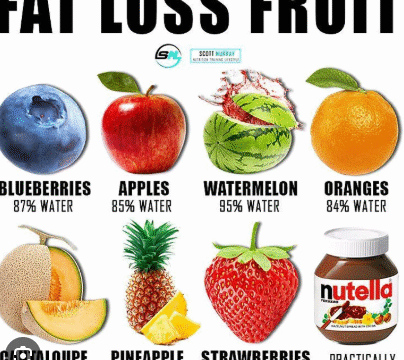When it comes to managing weight, not all foods are created equal. While no single ingredient can magically cause weight loss, research shows that some foods have properties that make them more helpful in supporting healthy eating patterns, appetite control, and metabolism. Understanding the science behind these foods can help you make smarter choices.
1. Satiety and Protein-Rich Foods
Foods high in protein — like lean meats, fish, eggs, beans, and Greek yogurt — take longer to digest and can help keep you feeling full. Protein also helps regulate appetite hormones, which means fewer cravings between meals.
2. Fiber and Digestion
Whole grains, fruits, vegetables, and legumes are packed with fiber. Fiber adds bulk to meals, slows digestion, and helps stabilize blood sugar levels, which can prevent overeating.
3. Healthy Fats and Hormone Support
Avocados, nuts, seeds, and olive oil provide healthy fats that promote satiety and help the body regulate key hormones involved in hunger and metabolism. Unlike processed fats, these support long-term energy and wellness.
4. Low Energy Density Foods
Foods like leafy greens, cucumbers, and berries are low in calories but high in water and nutrients. This makes it easier to enjoy larger portions without consuming too many calories.
5. The Role of Thermogenesis
Some foods require more energy to digest. Protein-rich foods, green tea, and chili peppers, for example, slightly increase the number of calories the body burns through a process called thermogenesis.
6. Blood Sugar Balance
Stable blood sugar is key for reducing energy crashes and sudden hunger. Foods like oats, lentils, and apples release glucose slowly into the bloodstream, which helps maintain steady energy throughout the day.
Final Thoughts
The science behind weight loss foods isn’t about quick fixes — it’s about choosing foods that work with your body’s natural systems. Eating more protein, fiber, and nutrient-dense options while limiting processed, high-sugar foods can make weight management more sustainable.
When combined with exercise, sleep, and stress management, these smart food choices can support overall health and long-term results.






